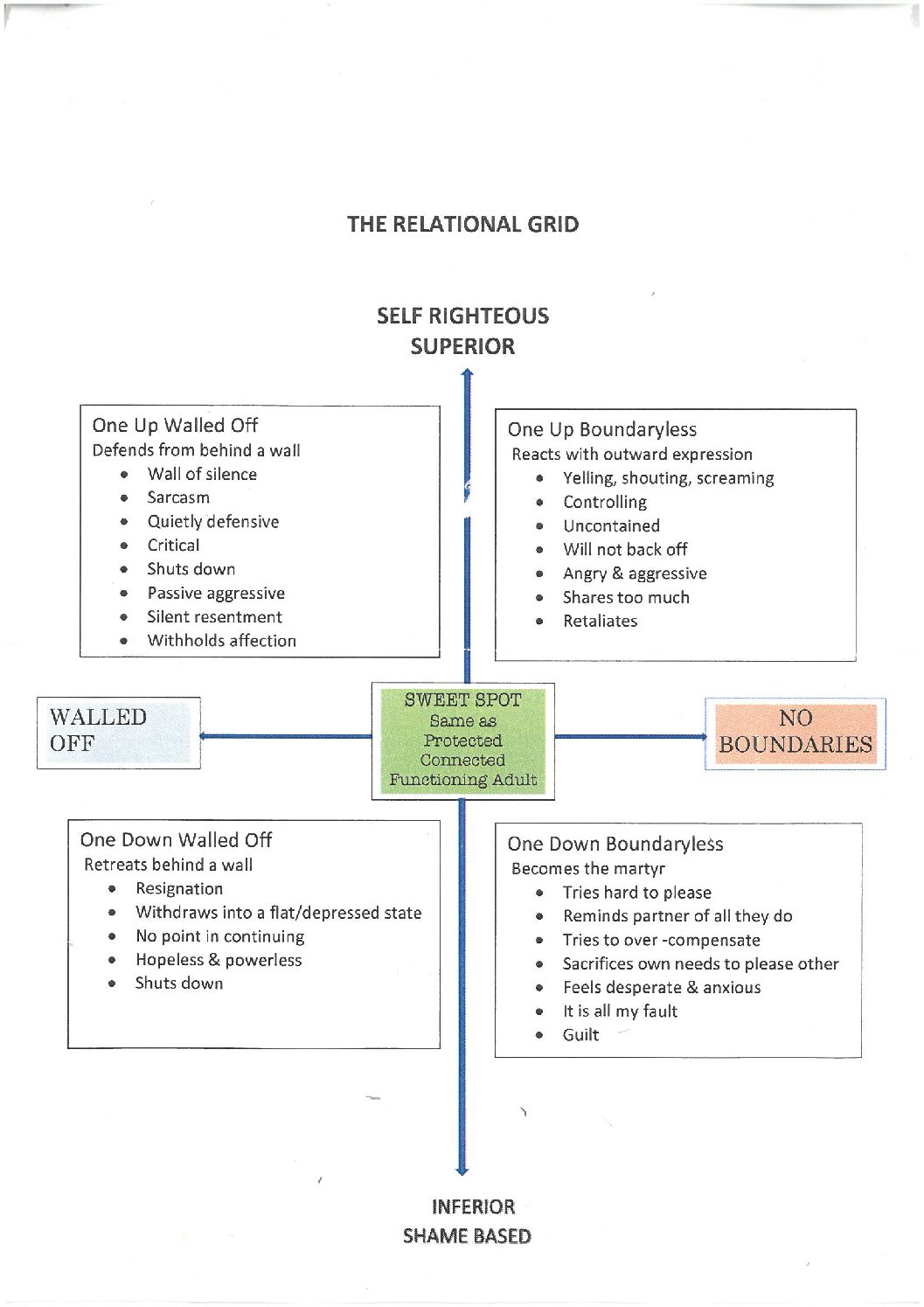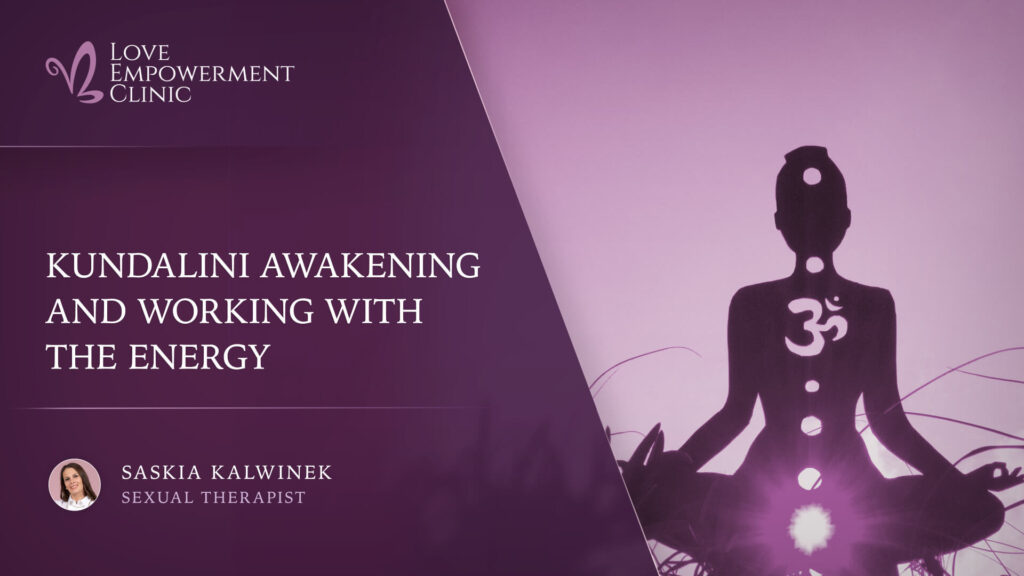Communicate on a Higher Level – tips’n’exercises

How Do I Help Clients Communicate?
I often teach couples and individuals how to communicate effectively, compassionately and while preserving good boundaries. To do that first I identify their individual communication style, if they are in a relationship I also acknowledge their dynamic together. When we are all clear on what is going wrong I give my clients tasks to do and explain the rules of good communication. We practice these skills during the sessions. I also explain the best mindset to adopt and some healthy routines to maintain in order to make the learning process smoother and to give long lasting effects.
What is Good Communication?
Good communication is when parties to a relationship feel comfortable both expressing their opinions and feel safe saying ‘YES’ or ‘NO’ to others’ requests or ideas. Relationship discussions and disagreements are best approached from an angle ‘this is our couple’s problem, let’s both be OK at the end of this conversation’. By maintaining the goal of going through it together and being mindful of each other’s feelings it will be much easier for you to comfortable navigate the conversation.
If both of you will stay regulated, which means calm, not highly activated, and not frozen you will find that problems are much easier to resolve.
Good communication is when we are mindful of others’ emotions and explain things in the most appropriate way that we can, but we are also able to avoid internalising other people’s reactions and opinions. Key to this is recognising that we are responsible for our actions and words but not for our partner’s reactions.
Listed here are some great tips and exercises which can take your communication and connection with your partner to the next level.
Family of Origin
Very often our parents or guardians will determine our communication style. Often unknowingly we are wired to either copy behaviours of our authority/parental figures or decide to go exactly the opposite way to make a statement against certain behaviours.
Are you loud when you are arguing? Was your family also loud? Or were your parents using yelling to make you submit?
If it was natural for you to speak loudly with your family while arguing, you might do the same while speaking to your partner.
Or maybe now you are afraid of raising your voice because loud arguments are triggering for you and you do not want to scare your partner.
This analysis can be applied to many different communication types. The truth is that early role models affect us more than we care to admit or remember. That is why it is so important to inspect your communication style and recognise that it is just a learned behaviour and not ‘who we are at the core’. If we first recognise this we are then able to unlearn those unhelpful communication patterns.
Different Types of Communicators
We can divide bad communicators roughly into 4 groups. We are not limited to one group and can often deviate from one to another at times.
Half of us will come from the belief that we are right, and superior and want to ‘show our partner’.
The other half of us will come from the belief that we are inferior, and that it is our fault.
These two groups will further divide into those of us who like to withdraw from the conversation and those of us that like and prosecute the conversation and either pursue the resolution or drive further conflict.
Below you can find a Relational Grid which is showing you in a more graphic way how the division is made.
Type 1:
Superior/Activated (Boundaryless)
This type will be ‘showing’ their partner what they think ‘right in their face’. Those communicators will come often with verbal hostility, loud voice, and other examples of high activation and invading the boundaries of others. They will openly say what is wrong and what their partner should be doing but it will not be said in a loving way. They might also, overshare and retaliate.
Type 2:
Superior/Withdrawn
As we can see the person will use various withdrawal techniques to remove the affection so that they can ‘show’ their partner how much they are hurting and how many transgressions their partner caused them or that they are simply ‘right’. That will include silent treatment, ignoring the partner’s needs on purpose, etc.
Type 3:
Inferior/Activated (Boundaryless)
This type will be the martyr of the conversation. This communicator will be putting all the blame on themselves openly and will be highly activated. This type is the People Pleaser.
Type 4:
Inferior/Withdrawn
This type will be quietly blaming themselves. Those people will withdraw because of high levels of anxiety and inability to handle conflict at that time. They will view conflict are pointless and hopeless.
Relational Grid

What's Next?
Now that you know what kind of a ‘dance’ (pattern) you have with your partner you can start changing that.
First of all, you need to learn to self-regulate. Very often if in childhood we were taught that it is not ok to show emotions and regulate through crying or being upset we can lack self-regulation skills. But do not worry! It can be learned!
Basic mindfulness exercises will help you (available here on my website)
I highly recommend STOP exercises which you can quickly perform in any situation. This will ground you and give you a reality check.
Point the Finger at Yourself
‘I’ Statements
A simple and effective way to communicate with your partner and other people close to you. It can also be applied in some work and everyday situations.
It is the avoidance of blaming and shaming another person. Rather than looking for your outlet of emotions and displacing blame go inwards and explore what is underneath the feelings. By talking about your internal states you do not antagonise the other person and take away their ability to retaliate. If they still attack say how it makes you feel. Speak from a place of curiosity and concern for your relationship.
Example:
You watched another episode of the GoT without me, you are such a selfish person.
‘I’ Statement:
I saw that you watched another episode of the GoT without me. That made me quite sad because I was hoping to watch it with you so we could have a nice time together.
TIPS
Communication might come hard even though we love and or are in love with that special someone. It definitely does not mean that your love story is over when you discover that your communication patterns are not the best. It is the beginning of the journey to better yourself and your relationship.
- Saying to your partner ‘You should’ or ‘You need to‘ can go sideways quickly, especially in the mids of an argument. Instead, try:
‘It would mean a lot to me if you did.’
You are coming from a place of your own feelings rather than focusing on demanding something.
- Catching your partner on a lie can be difficult and confronting. Very often people might want some satisfaction from the situation and the right to ‘be in their face’ by ‘displaying the lie’ for their partner to feel guilty about lying. However, this is not the best course of action and it builds up resentment. If your partner loves you and cares about you, the likelihood is that already are feeling guilty. The way to express your feelings and get some more information on the matter from your partner is different from ‘in your face’ approach. Try:
“I felt hurt by your lie. What kept you from telling the truth?’
- Using words like ‘Never’ and ‘Always’.
Having a feeling that your partner is always/never doing or not doing something is most of the time different from reality. There is a high likelihood that when you say that your partner with think of this one example when that was not the case and the circle closes. Setting a more realistic timeline could be a way to go. Try:
‘I feel hurt when I come back home and see that dishes are not done, you rarely remember to clean up.’
- Go on dates just the two of you. The time spent together but doing different things doesn’t count. Also, if you are with someone else it does not count as your ‘couple time’. When you are having this date be there 100%, with no phones or other distractions. This will create or remind you of the intensity that you use to have.
- Contempt, Defensiveness, Stonewalling, and Criticism are the 4 Horsemen of the Apocalypse of the relationship (as stated by The Gottman Institute). They can be overcame by those antidotes respectively to the Horsemen mentioned: Culture of appreciation, Taking on some part of the responsibility, Soothing and self-regulating before going back to the discussion and ‘I’ Statements.
- Try to fill each other’s Love Tanks each day. As the Gottman Institute found couples who stay together have over 5x more positive than negative interactions. Those interactions do not mean grand gestures but for example, some kind words, making a cup of tea for your partner, or compromising on a movie.
- Give your mate the benefit of the doubt.
- When hurt redefine the idea of your partner from uncaring to uninformed.
- Imagine yourself stating something before you actually say it.
- Strive to understand your partner before you strive to be understood.
Exercises
- Think of 3 times when you’ve had an argument with your partner. What was your main reaction/pattern in each of those situations? What was the outcome of each argument? What emotions were you left with? Was the outcome positive, negative, or neutral?
2. Think of a situation where your argument was resolved in a positive and amicable manner. It can be the smallest disagreement or difference of opinions. (It’s ok if you can’t think of anything, you can skip that exercise, the therapy is a journey to this amicable resolution in the future!)
What kind of pattern was present then? What did you do/say? What mood were you in? What was the aftermath? What types of feelings were you left with? What was the outcome?
3. Practicing Forgiveness
Lack of forgiveness especially in a relationship can lead to resentment, coldness, and lack of trust which are not the pillars of a happy union. Many can say that ‘forgiving is weak’ but is it actually a sign of strength and a message to yourself that you are strong enough not to let a certain person or a situation affect your life with bitterness and resentment. It is not easy because we might harbor a lot of negative feelings and forgiving would mean that those feelings do not matter and that a certain betrayal was ‘ok’. It is not the case! Forgiving does not entail that transgression didn’t happen or that it was ‘ok’, it is an acknowledgment of the transgression and your feelings + the will to let go of the pain despite the transgression. It releases you from the burden and lets you enjoy your life instead of putting more energy into that situation. That is why forgiveness is so important but also difficult and takes courage.
Think of a time when you forgave someone for something, can be a small transgression. What was the situation? The process of forgiving? And the final accountability? Was the apology involved? What got in the way of an apology? What helped you? How did you feel before and after forgiving?
Please, write down 3 ideas about forgiveness that were taught to you.
Please, write down 3 ideas about forgiveness that you observed.
To find out more and enhance the quality of connection in your relationship try sexual therapy online or sex therapy in Sydney. If you do not have sexual problems general couples therapy and marriage counselling are also viable options.
Ask a sexologist online for guidance and an appointment now. Explore other articles, books and online courses. Or work with me, explore my services on the Home Page. Book your FREE 15min phone consult.











